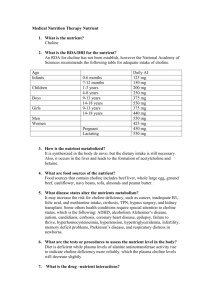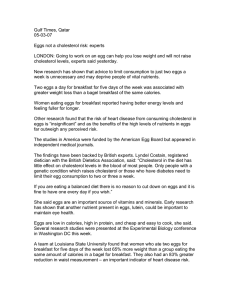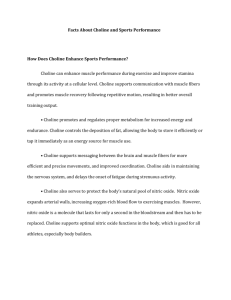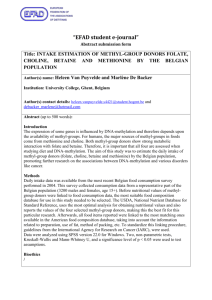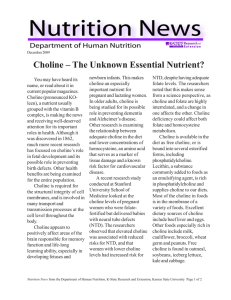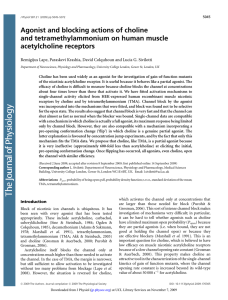DailyIndia.com, FL 05-03-07 Here's why eating eggs is good for you
advertisement
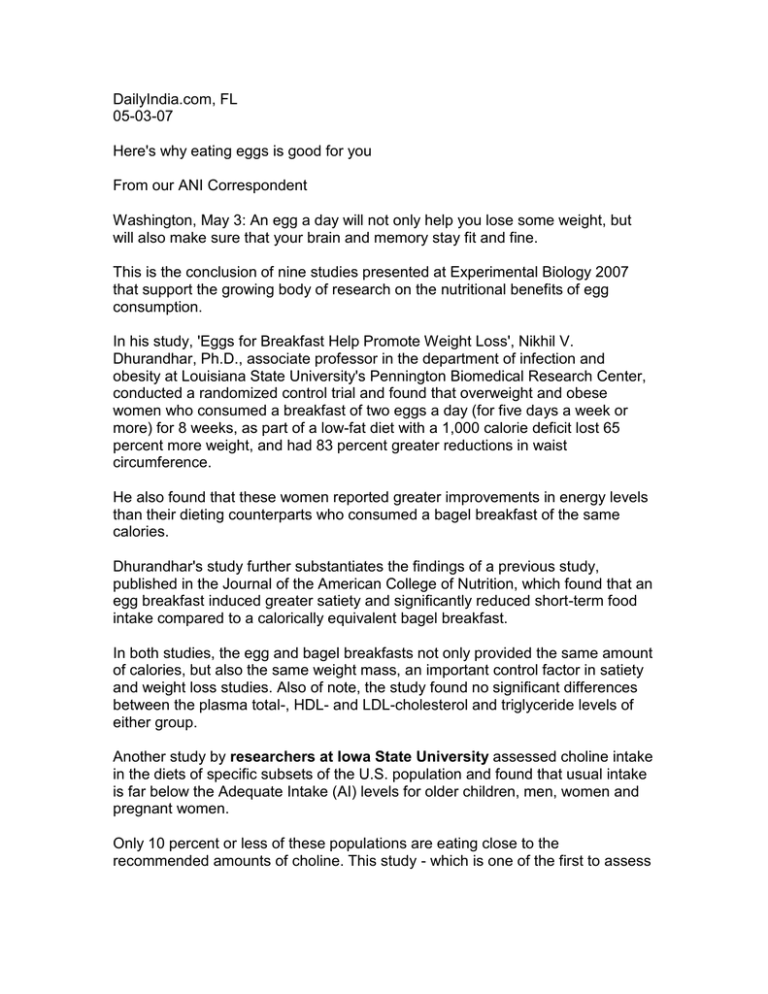
DailyIndia.com, FL 05-03-07 Here's why eating eggs is good for you From our ANI Correspondent Washington, May 3: An egg a day will not only help you lose some weight, but will also make sure that your brain and memory stay fit and fine. This is the conclusion of nine studies presented at Experimental Biology 2007 that support the growing body of research on the nutritional benefits of egg consumption. In his study, 'Eggs for Breakfast Help Promote Weight Loss', Nikhil V. Dhurandhar, Ph.D., associate professor in the department of infection and obesity at Louisiana State University's Pennington Biomedical Research Center, conducted a randomized control trial and found that overweight and obese women who consumed a breakfast of two eggs a day (for five days a week or more) for 8 weeks, as part of a low-fat diet with a 1,000 calorie deficit lost 65 percent more weight, and had 83 percent greater reductions in waist circumference. He also found that these women reported greater improvements in energy levels than their dieting counterparts who consumed a bagel breakfast of the same calories. Dhurandhar's study further substantiates the findings of a previous study, published in the Journal of the American College of Nutrition, which found that an egg breakfast induced greater satiety and significantly reduced short-term food intake compared to a calorically equivalent bagel breakfast. In both studies, the egg and bagel breakfasts not only provided the same amount of calories, but also the same weight mass, an important control factor in satiety and weight loss studies. Also of note, the study found no significant differences between the plasma total-, HDL- and LDL-cholesterol and triglyceride levels of either group. Another study by researchers at Iowa State University assessed choline intake in the diets of specific subsets of the U.S. population and found that usual intake is far below the Adequate Intake (AI) levels for older children, men, women and pregnant women. Only 10 percent or less of these populations are eating close to the recommended amounts of choline. This study - which is one of the first to assess choline intake in the population - is important because choline is an essential nutrient needed for normal functioning of all cells and for brain function. The finding that choline intake is low among pregnant women is particularly noteworthy as previous research has demonstrated that choline may help with brain and memory development in fetuses. The National Academy of Sciences recommends increased choline for pregnant and breastfeeding women (550 mg and 450 mg, respectively). Additionally, a separate study presented at this week's National Nutrient Data Bank Conference found that choline intake decreases with age and that adults ages 71 and older consume an average of about 264 milligrams per day roughly half of the AI for choline (550 mg/day for men, 425 mg/day for women). 6 Both studies recommend increased consumption of foods that are good sources of choline to help close the gap on choline consumption. Eggs are an excellent source of choline. Two eggs contain about 250 milligrams of choline, or roughly half the recommended daily supply. (Other rich sources of choline include beef liver and wheat germ.) A relative risk study conducted by the Washington, DC-based scientific consulting firm Exponent also concluded that eggs' contribution to coronary heart disease risk is insignificant. The study evaluated the relative risk of heart disease associated with egg consumption compared to other risk factors, including age, genetics, dietary pattern, smoking, alcohol consumption, high blood pressure, serum cholesterol, obesity, diabetes and sedentary lifestyle. After a thorough scientific review of the major studies concerning heart disease causation, it was found that eggs contribute just 0.6 percent of males' and 0.4 percent of females' coronary heart disease risk, when other modifiable risk factors are assumed.
